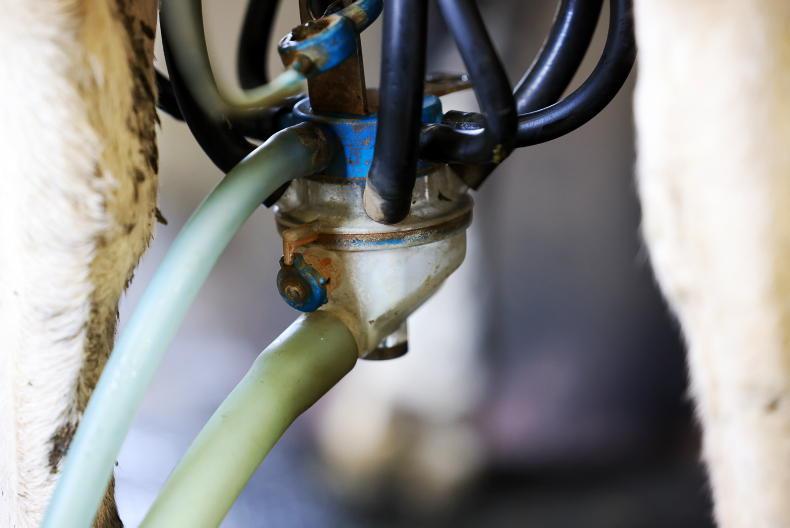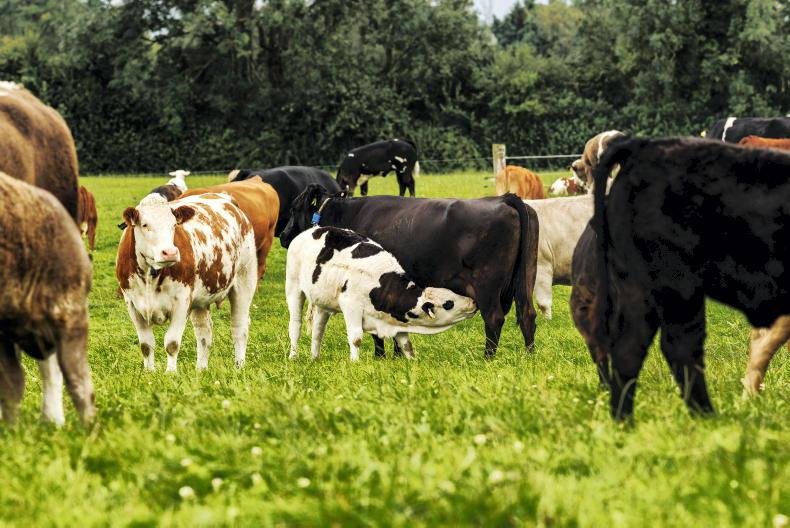Both livestock and arable farmers in NI will be left at a competitive disadvantage if DAERA do not fund an Areas of Natural Constraint (ANC) scheme and introduce a protein crop coupled payment respectively, the Ulster Farmers’ Union (UFU) has said.
Although supporting Minister for Agriculture’s Michelle McIlveen’s decision last week not to fund a future ANC scheme from Pillar I direct payments, UFU president Barclay Bell said that the Government should make a significant long-term investment in the beef and sheep industry.
“A commitment to support livestock farmers in the ANC would be a welcome start,” said Bell.
With a final ANC payment, worth £20m, to be made in 2017, the UFU president said that losing this money comes on top of low margins in the sector, reducing entitlement values on many livestock farms and conclusion of agri-environment schemes.
“We simply cannot afford for our livestock sector to be left at a competitive disadvantage to farms in both Scotland and the Republic of Ireland,” he said.
Funding
In the Republic of Ireland, an ANC scheme is financed through both Pillar II (Rural Development Programme) and Government funds, costing €195m per year and paid to around 100,000 farmers. There are no plans to stop payments.
There are also payments in the Republic of Ireland made directly to the beef and sheep sectors.
Earlier this year, it was announced that additional funding of €25m was being made available out of Pillar II for a payment of approximately €10 per breeding ewe. This is similar to the Beef Data and Genomics Programme where farmers receive €95 per head for the first 10 cows in a suckler herd and €80 per cow thereafter.
Protein crops
In terms of payments for protein crops, in the Republic of Ireland, a €3m capped fund from Pillar I is available with farmers receiving €280/ha last year for growing beans, peas and lupins.
Responding to the decision by Minister McIlveen not to introduce a similar coupled scheme for protein crops, UFU seeds and cereals chair Allan Chambers said it would have led to an “insignificant decrease” in basic payments and would have decreased dependence on imported plant protein and encouraged best practice in crop rotations.










SHARING OPTIONS